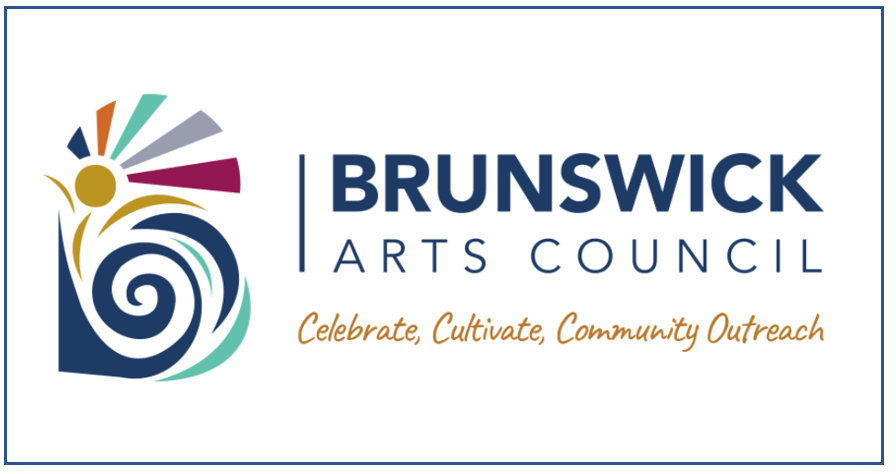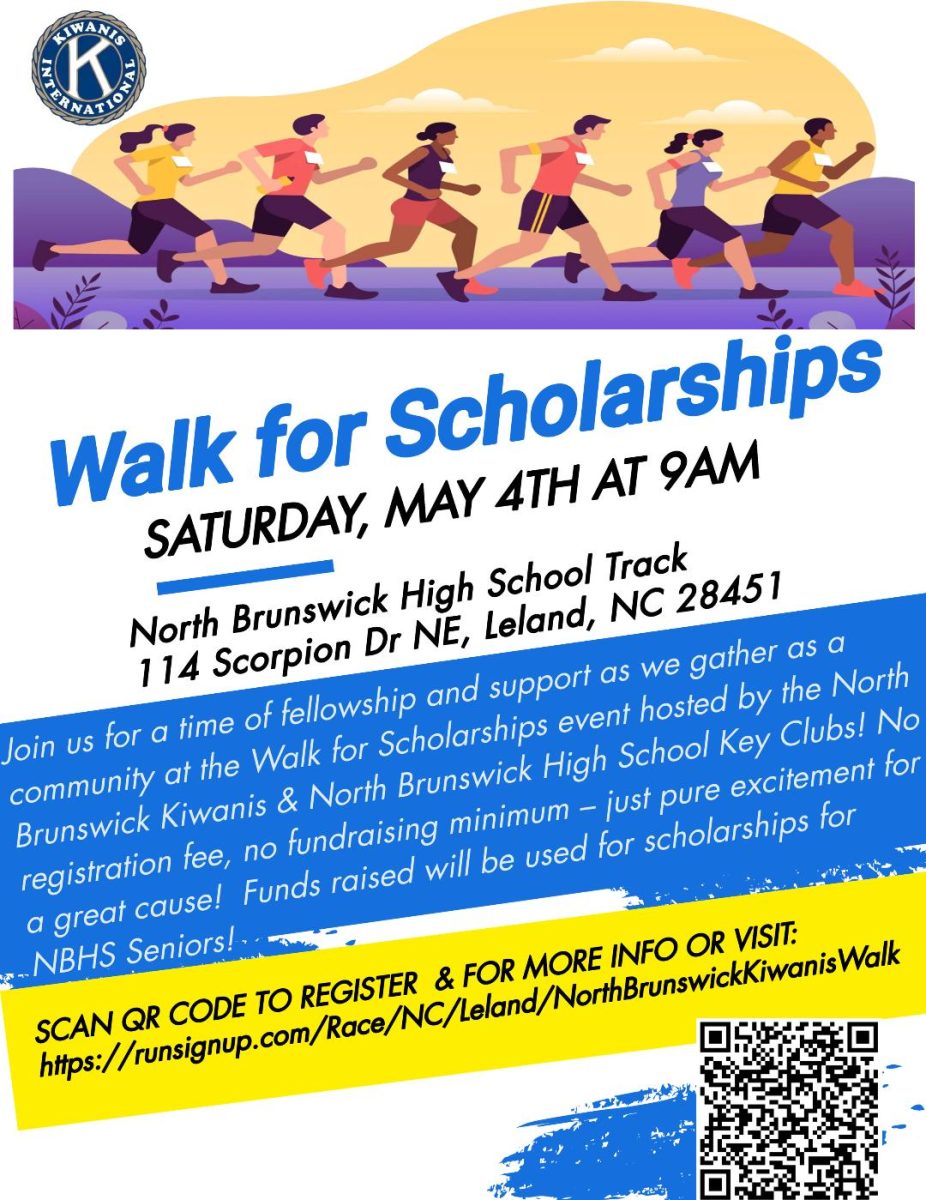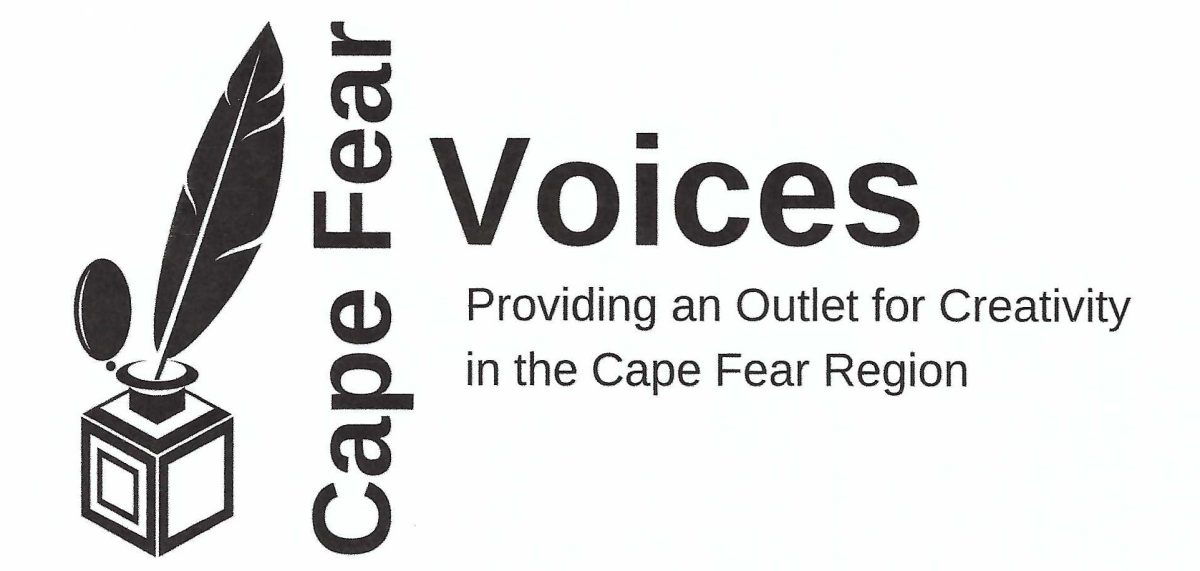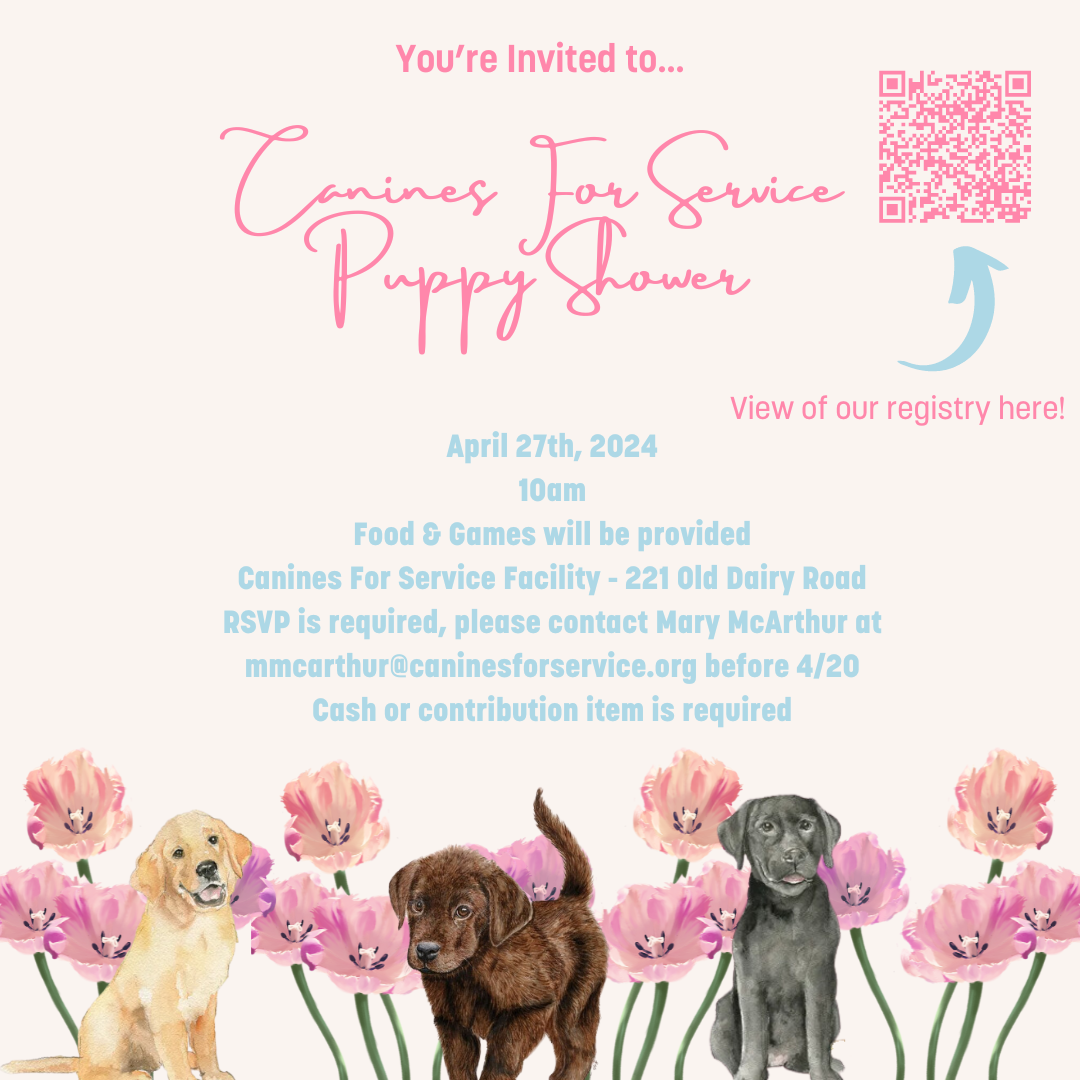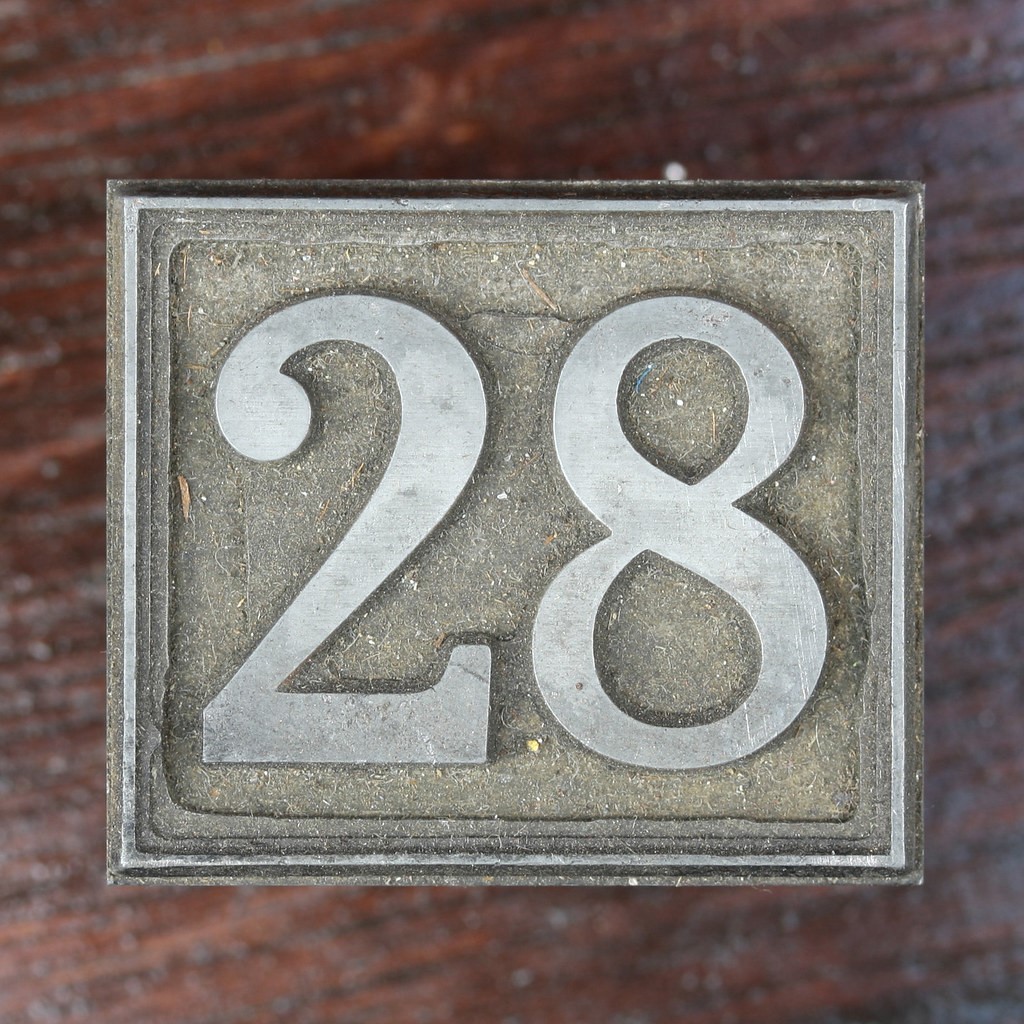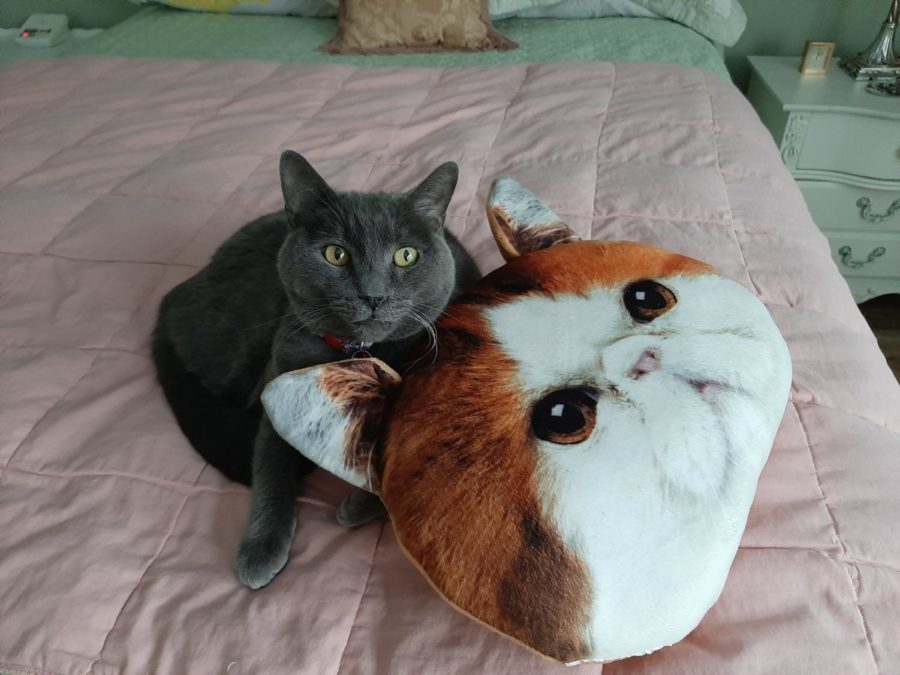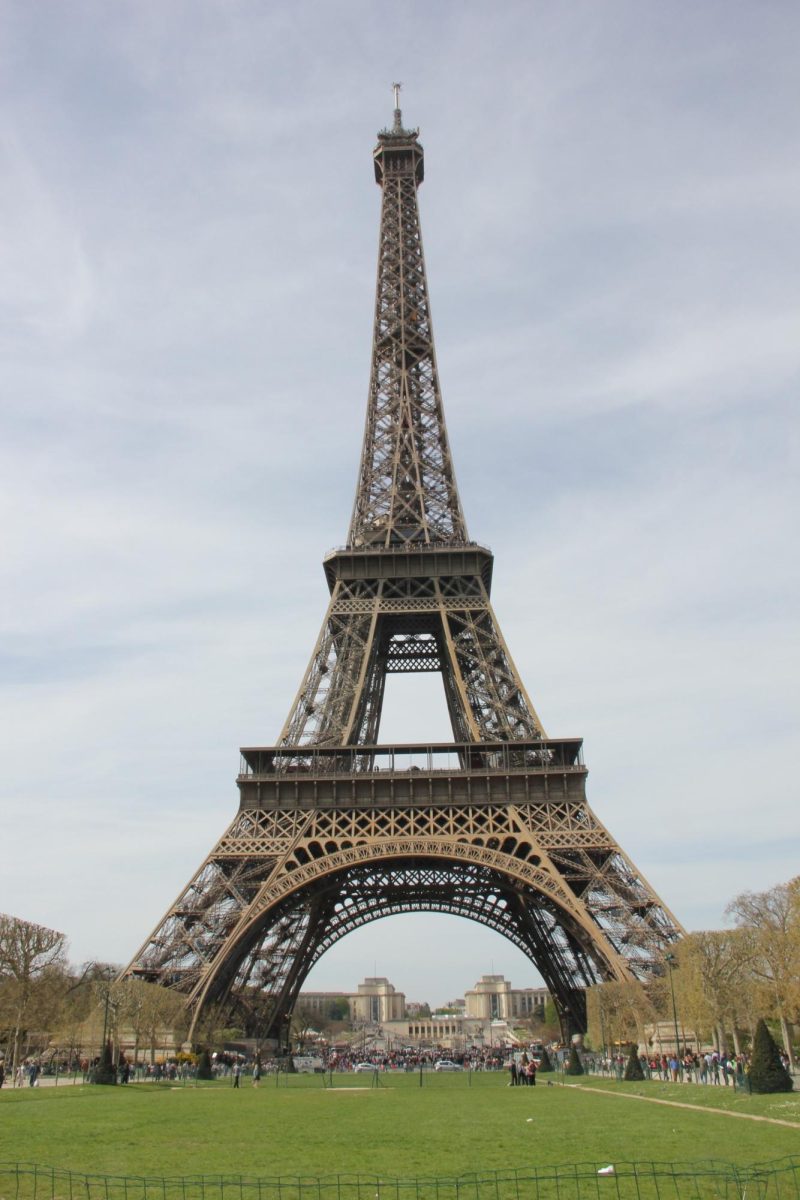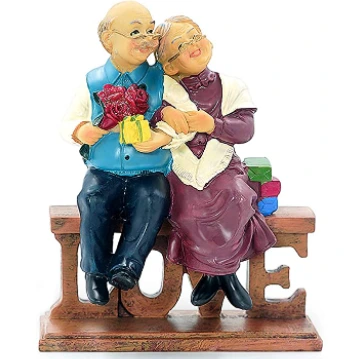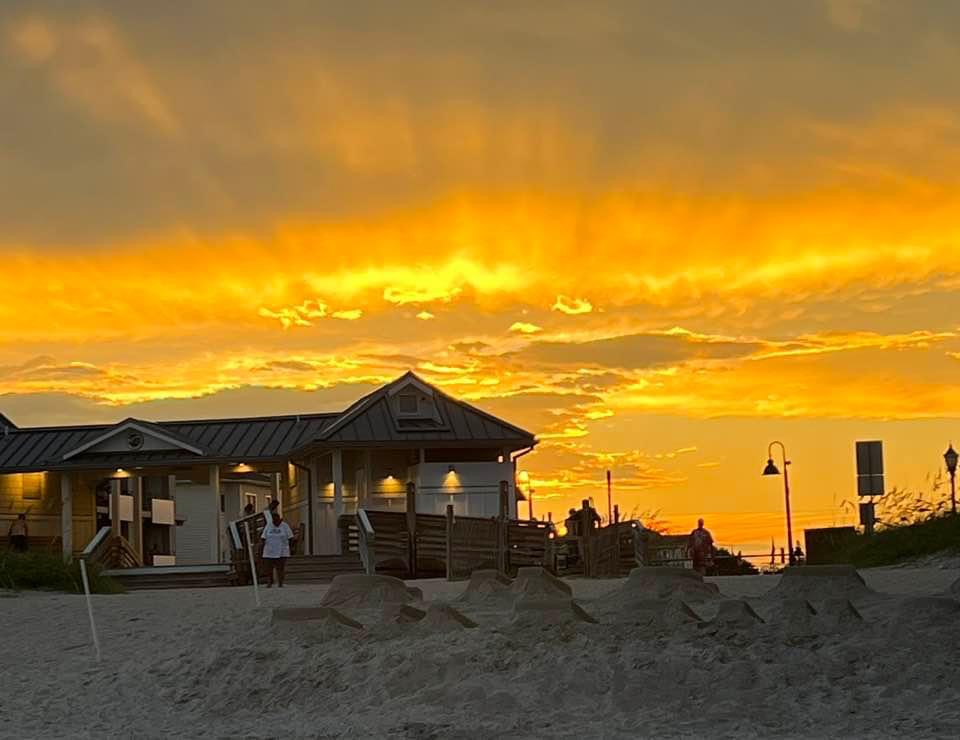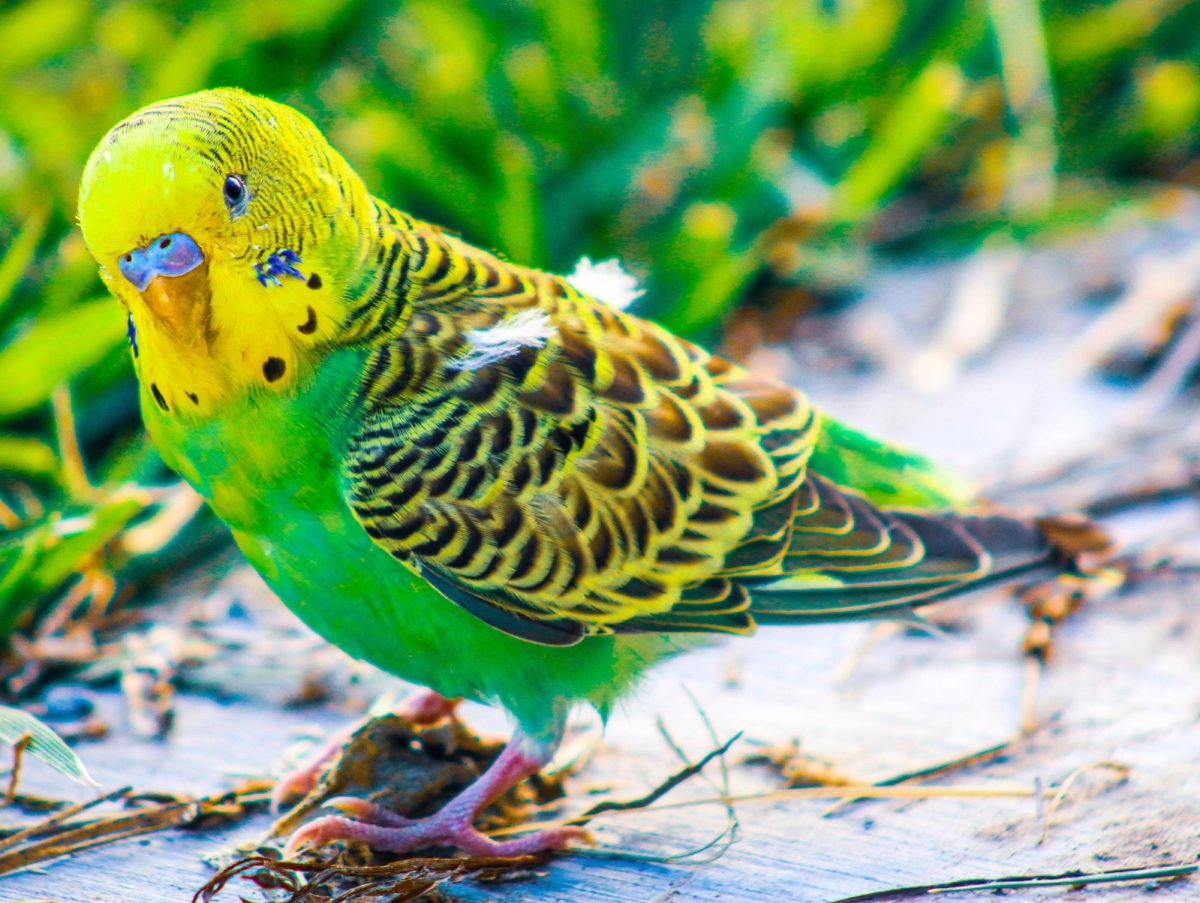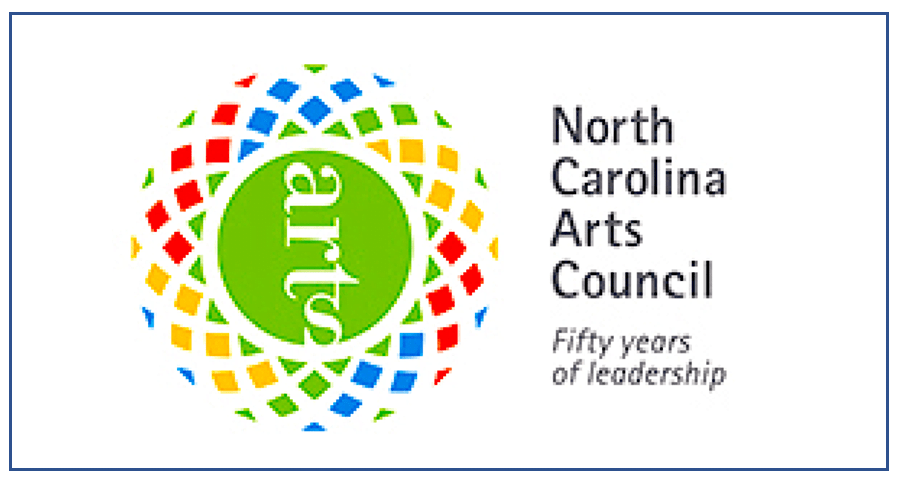Before World War II, our family was part of Indonesia’s “privileged” class. However, because of our mixed Dutch, German, and Indonesian heritage, we were considered “half breeds.” However, as Dutch citizens, we attended the best Dutch schools and universities, served in the Dutch armed forces, and held civil servants’ jobs. We were prosperous, owned property, and hired staff to clean our homes and cook.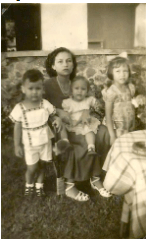
My family owned a mountaintop hotel in Java that the Japanese occupied during World War II and used as their island headquarters. Before the war, my father had been sent to the Netherlands to study for his degree. While at university, he learned that his father (my grandfather) had been pardoned by Queen Wilhelmina and released from prison after killing a man in a boar hunt. In those days, “drivers” would beat their way noisily through the jungle to drive wild boar towards the hunters and into their field of fire. A court review of the circumstances surrounding the case revealed that one of my grandfather’s friends, distraught over his recent divorce, had intentionally stepped into the field of fire as a way to commit suicide.
During WW II, my father served in the Dutch Navy and was captured as the Dutch fleet left port. He endured several years in a Japanese prisoner of war (POW) camp, ultimately observing the second atomic bomb dropped on Nagasaki from an island where he was a forced shipyard laborer. His POW experience embittered him even more when he learned that the “half breeds” who had served in the Dutch military would not receive back wages for their internment – a wrong that the Dutch government never corrected. His bitterness and POW experiences stayed with him throughout his life and manifested itself in his treatment towards me. He tolerated no perceived weakness.
We lost every possession and privilege in post-war Indonesia except our Dutch citizenship. Following Indonesia’s independence in 1949, hundreds of Dutch citizens’ forced repatriation began and continued into the early 1950s. Into this turmoil, I was born.
Despite our Dutch heritage and privilege, my family was heavily influenced by Asian culture. As in most Asian cultures, it was important for the firstborn child to be male. Thus, after my mother became pregnant with her first child, my father had already chosen the name “Eric” for his son. I surmise that our father/son relationship got off to a rocky start when a female became the firstborn instead. I came a year later. Not surprisingly, my older sister’s chosen name is “Erica.”
Following my parents divorced in late 1952, my father obtained custody of Erica. My mother insisted that he take me as well. Three-year-old Sheelah stayed with our mother. Shortly afterward, my father remarried, and Erica and I gained two older stepbrothers. That same year (1953), we joined the exodus of Dutch citizens. Following several months in Australia, we made the passage to the Netherlands in May 1954. Brother Joe was born shortly afterward. In 1957, we immigrated to the United States.
Having had the audacity to be the second born in his first marriage, I would prove to be a constant disappoint to my father – unlike brother Joe, who had the good fortune to be the first and only son borne of my father’s second marriage.
I left his house when I was thirteen and rarely saw or spoke with him afterward. To his credit, he met me at the airport when I returned from Vietnam in 1968. He seemed proud that I had served in the war. The lull in our otherwise life-long rocky relationship was short-lived.
Twenty years after my father’s death, my sister from another marriage gave me a photo album. I never gave it much attention because it contained many pictures of my second family, which did not interest me. Recently, while searching unsuccessfully for a picture of my paternal grandfather, I came upon the album. Poring through the images, I established a better timeline and sequence of events after we had left Indonesia for the Netherlands.
I also found pictures of my mother and my sisters. Imagine my surprise when I saw a picture of the four of us in which I wore an outfit that I still possess today – 67 years later. For some reason, I had kept that outfit. Today, that photo and my outfit provide me with a special connection to my past.

